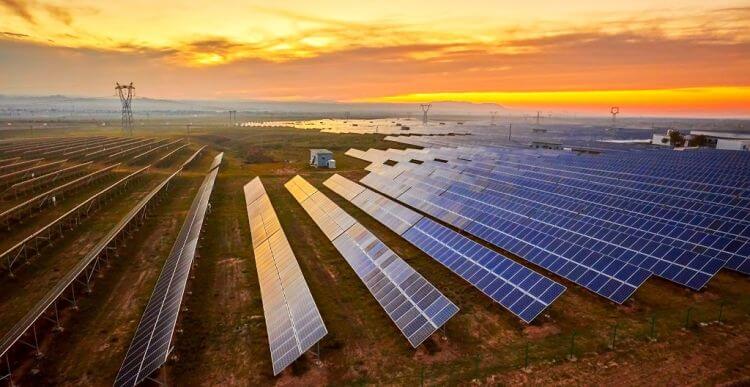Huawei has expressed commitment to introduce power solutions driven by digital technologies into Africa.
At a virtual event recently, the tech giant said it was at the forefront of addressing the issues.
“There is still a massive gap to be bridged. However, the traditional energy infrastructure operation mode cannot meet the new challenges brought by the latest development in the digital world.
“Digital and intelligent technologies can be of great help to ensure we provide sufficient electricity to every African household and business,” said Director of Huawei Southern Africa, Digital Power Business, Huang Su.
According to Huang, the cost of PV power generation has fallen sharply over the past decade, adding that in most countries, traditional energy grids cost a lot more than PV electricity.
This offers Africa an opportunity to harness its abundant potential of increasingly cost-competitive renewable energy to meet the growing demand for electricity and pursue a climate-friendly, needs-oriented power strategy, Huang added.
Although Africa is richly endowed with renewable energy sources, Huawei noted, according to International Energy Agency, that around 580 million people in Sub-Saharan Africa lacked access to electricity in 2019, three-quarters of the global total, while renewable energy is expected to contribute 22 per cent of Africa’s total energy consumption by 2030.
“There is strong and urgent need to accelerate the growth of renewable energy across the region to ensure sufficient, affordable, reliable energy supply for individuals, businesses, and communities,” the company stated.
Renewable energy, Huang pointed out, is much cheaper than fossil fuel-based options, with a kilowatt/hour of solar power costing less than a Rand in South Africa.
“It is clear, then, that solar power should – and likely will – play a large role in the world’s future power mix.
“The essence of digital power is integrating cloud, Artificial Intelligence, and other digital technologies with power generation, storage and consumption. We are ready and willing to provide our full support for building a green Africa and bridging the energy gap,” Huang said.
Huawei’s smart PV solution has been deployed in more than 60 countries and regions and has generated more than 300 billion KwH of green electricity, powering millions of residents and hundreds of industries globally.
Huang said, “Huawei is already a household name in the Information and Communications Technology world,” Huang added, “All ICT requires power supply, and Huawei has always provided that to one degree or another. Our efforts in the solar PV space are simply an extension of that. As we are good at Bits, so we basically try to add Bit streams on the top of Watt streams, and use Bits to manage the Watt.
“Over time, Huawei will deploy more and more scalable power stations. These power stations can be managed and maintained online, further reducing their carbon footprint. We are uniquely positioned to bring electricity, power supply and data management together. The journey from Bits to Watts is accelerating and we plan on leading it.”
Responding to question from a journalist, on how soon Huawei is bringing the innovation into the Nigerian market and at what cost to an average household, Huang said, “Residential system shall be available in Nigerian Market in Q4. The price shall be released one or two months before.”
On how far Huawei has gone around the issue of regulation in Nigeria and whether the company is licensed to provide these services in urban areas with friction between it and the Distribution Companies, he added, “Huawei is positioning its hold as an OEM supplier. We will work with all other stakeholders such as regulators, DisCos, and ESCOs (Energy Service Companies) to fulfil the energy gap in rural areas.”
Get real time update about this post categories directly on your device, subscribe now.



